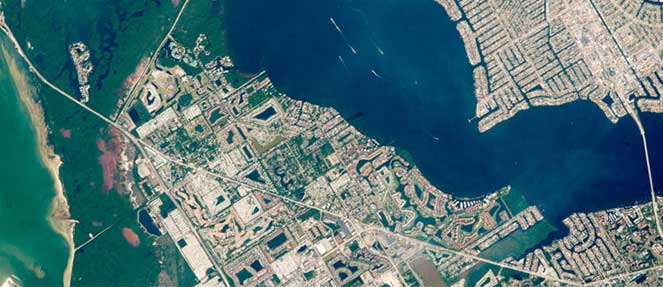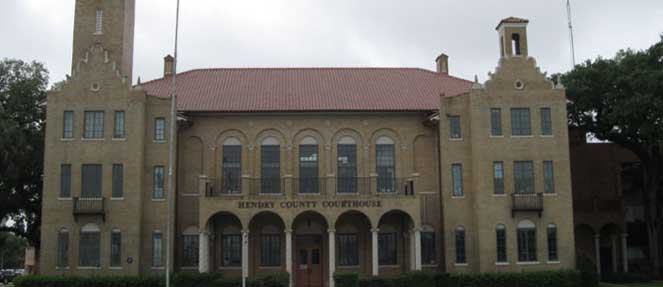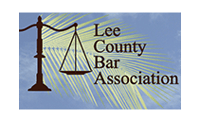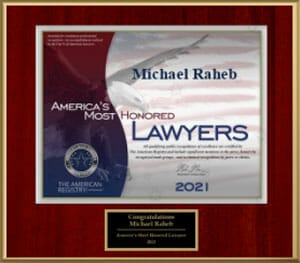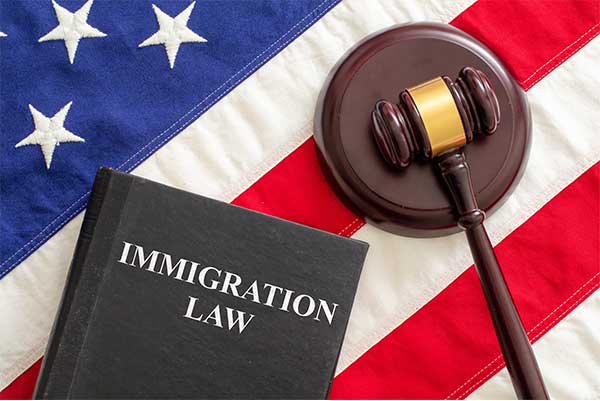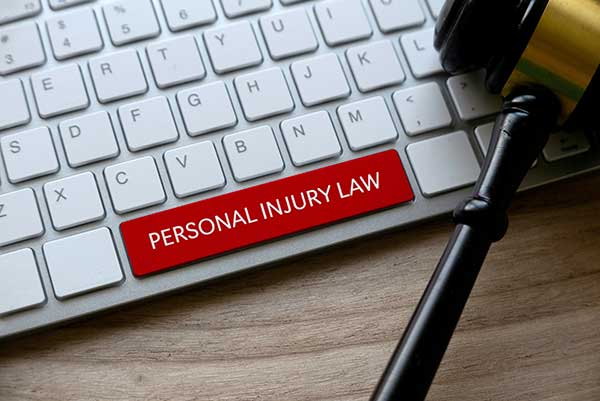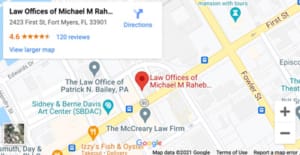What Does Florida Law Say About Computer Crimes?
If you’re accused of computer crimes – no matter how seemingly small, you need to understand exactly what you’re up against. The penalties for computer crimes (also called cyber crimes) can be serious, and you’ll need the help of a criminal defense attorney who is well-experienced in defending people against cyber crime accusations. But first, what can be considered a computer crime, what are the penalties, and what steps should you take if you’re accused in Naples, Florida?
What Can Be Considered Computer Crimes?
Under Florida state law, computer crimes can include
- Child pornography distribution, creation or possession
- Illegally downloaded movies
- Hacking
- Creating and spreading computer viruses
- Email fraud
- Phishing
- Identity theft
- Sexual solicitation of a minor
- And more…
According to HG.Legal, some of the most common cyber crimes include:
Hacking: Hacking refers to the unauthorized access to another’s computer system. Hackers often have the intention to launch malicious programs known as viruses, worms, and Trojan Horses which can shut down or destroy an entire computer network. Hacking can also refer to the unauthorized obtaining of credit card numbers, internet passwords, and other personal information. According to Investopedia, the type of hacking known as a data breach can happen unintentionally. You might never have intended to leak, share, or access unauthorized or private information but now find yourself facing serious criminal charges. If so, experienced help is available to you! Contact criminal defense attorney Michael M. Raheb for a free case evaluation.
Piracy: Internet piracy involves the dissemination of copyrighted material without permission of the owner. The unauthorized sharing and distributing of music, movies, video games, e-books, and software is considered piracy. Like many cyber crimes, piracy is sometimes committed unintentionally. If you’re being accused of internet piracy, you need a criminal defense attorney to back up your story!
Cyber Terrorism: These crimes involve politically-motivated attacks on targets such as government websites or commercial networks. Such attacks are designed to be large in scale and to produce fear and panic among the victim population, according to HG.Legal. Any act done online in order to cause fear, panic, or confusion could be considered as cyber terrorism and result in serious repercussions.
Identity Theft and Other Types of Fraud: These crimes often involve offenders tricking online shoppers and other web users into disclosing social security numbers, bank account and credit card information, home addresses, and more. A common scheme is known as “email phishing.” It is accomplished by sending victims an email containing what looks like a link to a website that the victims use regularly. The email asks victims to update their account information on the website, but when victims click on the link within the email, they are taken to a copycat website that secretly captures the information they enter. These are serious crimes with serious penalties! Don’t take identity theft or fraud charges lightly!
Online Stalking and Bullying: Some of the most severe cyber crimes involve actions done online (or partially online) that are meant to cause emotional trauma to the victim. Social media websites provide offenders with the ability to publish hurtful or embarrassing material as a way of inflicting harm on others. Once photographs or other items are posted and circulated online, they can be impossible for the victim to remove. It’s essential to understand the repercussions of these kinds of actions. Online stalking and cyber bullying have the potential to cause life-long trauma and pain to the victim. Online stalking and cyber bullying have been linked to suicide. For the perpetrators, the penalties of a charge can be life-changing as well – with the possibility of lengthy jail sentences.
Online Sex Crimes: Many sexual offenses are committed online. The trafficking of child pornography is just one example. According to HG.Legal, offenders charged with child pornography crimes can often face decades in prison. Law enforcement is constantly looking to catch online predators who attempt to solicit underage victims for purposes of sex. If you’ve been accused of trafficking or possessing child pornography, or if you’ve been accused of using the internet to lure minor victims into romantic encounters, you need immediate legal assistance.
In Naples, Florida, cyber crimes can result in charges of a second or third-degree felony. These felonies can lead to penalties that can include heavy fines and jail time!
What To Do If You’re Accused
To avoid serious charges, get the help of a trusted criminal defense attorney. A criminal defense attorney like Michael M. Raheb can help you get your cyber crime charges reduced or dropped.
Call 239-226-0888 or send a message online to set up your free consultation.
The Law Offices of Michael M. Raheb, P.A.
2423 First Street,
Fort Myers FL 33901
Office: 239-226-0888
Fax Number: 866-949-0888


